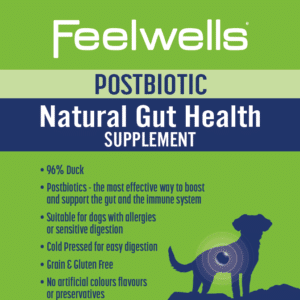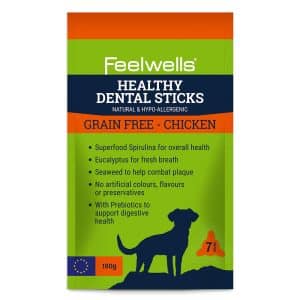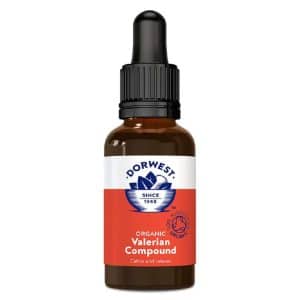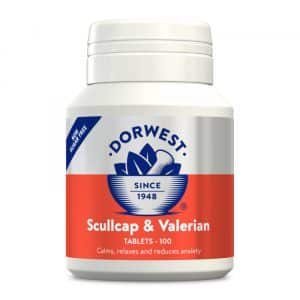Wormcount Kits
SKU
Worm_Kits
Categories Natural Treatments, Natural Wormer
Tags Natural Health, Natural Wormer, Wormcount, Worms
Earn 18 Reward Points
£18.50 – £32.00Price range: £18.50 through £32.00
Whether you worm conventionally, naturally, or not at all it’s a good idea to regularly test the worm burden of your dog to make sure they’re getting the protection they need
What each kit tests for:
Kit 1. Toxocara, tapeworm, whipworm, hookworm and giardia (NOT Lungworm)
Kit 2. Lungworm & Heartworm
Wormcount Kits
Whether you worm conventionally, naturally, or not at all it’s a good idea to regularly test the worm burden of your dog to make sure they’re getting the protection they need and staying as healthy as possible.
Worm eggs and larvae are invisible to the naked eye. They’re found outside in water bowls, on toys, clinging to blades of grass, on snails and their trails, in dog poo, and dead animals.
Your dog swallows the worm eggs, they hatch in the intestine and the baby worms attach themselves to the lining of your dog’s gut. They then proceed to release millions of eggs which your dog passes out in their poo and the cycle continues. So if your dogs tests positive for eggs, they’ve definitely got worms.
Our simple worm egg test will tell you if:
Do a worm count test if:
What each kit tests for:
Kit 1. Toxocara, tapeworm, whipworm, hookworm and giardia
Kit 2. Lungworm & Heartworm
How it works:
Worm (Green poo bag x 1)
Lungworm (Brown poo bags x 3) 3 samples taken over 3 days.
Puppy Pooled Litter worm Kit (Green poo bag x 3) 3 pooled samples taken over 3 days.
Post as soon after collecting it as possible. Try to take the sample on Sunday to Thursday so the sample isn’t sitting in the post box for a couple of days.
The sample goes directly to the lab for testing. The results are emailed to you within 24/48 hours of receipt.
What’s in the kit:
When to do a test
If you worm your dog
Worm egg counts can be done any time from 14 days after worming. We don’t recommend doing a test before 14 days has elapsed as the worming treatment you have used will need those 14 days to work its magic.
If you don’t worm your dog
Do a test any time, especially if you’re concerned worms may be present, or you live in, or have visited, a lungworm hotspot.
It is recommended you test for worms four times a year.
This test is not intended as a replacement for worming your pet in the first place. It is merely a way of monitoring the worm egg burden of your dog and treating accordingly. Many owners choose to worm their pets while others never do, which is entirely your decision.
Worming puppies and kittens
Always worm puppies (and kittens) by following a veterinary flea and worming schedule as they will have inherited a parasite burden from their mother, and not to do so can pose a serious health risk to very young animals. If you have any questions do not hesitate in getting in touch.
LUNGWORM
Lungworm is becoming much more common, and is now a risk to dogs across much of the UK. Lungworm can be fatal and is very hard to treat once the symptoms appear. A lungworm screen looks for larvae though you should always be aware of lungworm symptoms; coughing; fast, heavy, noisy breathing; weight loss; unexplained bruising and bleeding; seizure.
Lungworm larvae are invisible to the naked eye. If your dog likes to eat grass, slugs or snails they are at risk of catching lungworm. Dogs who eat a bird or animal who has eaten a snail or slug can also become infected.
How your dog gets lungworm
Your dog swallows the lungworm larvae which then leave the gut and migrate to the lungs via the blood. The larvae hatch into adult lungworms and make their way up through the lungs. If your dog gets to the point where they’re coughing up lungworms they’re in serious trouble. Which is why diagnosis and early treatment are essential.
Do the lungworm test if:
Benefits of a lungworm test
If you worm your dog
Lungworm screens can be done any time from 14 days after worming. We don’t recommend doing a test before 14 days has elapsed as the worming treatment you have used will need those 14 days to work its magic.
If you don’t worm your dog
Do a test any time, especially if you’re concerned lungworm may be present, or you live in, or have visited, a lungworm hotspot.
It is recommended you test for lungworm four times a year.
This test is not intended as a replacement for worming your pet in the first place. It is merely a way of monitoring the worm egg burden of your dog and treating accordingly. Many owners choose to worm their pets while others never do, which is entirely your decision.
Always worm puppies by following a veterinary flea and worming schedule as they will have inherited a parasite burden from their mother, and not to do so can pose a serious health risk to very young animals. If you have any questions do not hesitate in getting in touch.
*Bear in mind that larvae may only be present intermittently in the faeces and dogs may show clinical signs such as coughing prior to the larvae being present in the faeces. If you’re worried and if you know of Lungworm cases in your area a veterinary blood test is advisable.
| Worm Count Kits | Kit 1 Toxocara, tapeworm, whipworm, hookworm and giardia, Kit 2 Lungworm, Combi Kit – Both Kits 1 & 2 |
|---|
You must be logged in to post a review.




Not sure which food or treats are best for your dog? Let our experts help! Complete our online form, and we’ll get back to you with personalised advice and recommendations tailored to your dog’s needs.

When you signup to our newsletter
Reviews
There are no reviews yet.